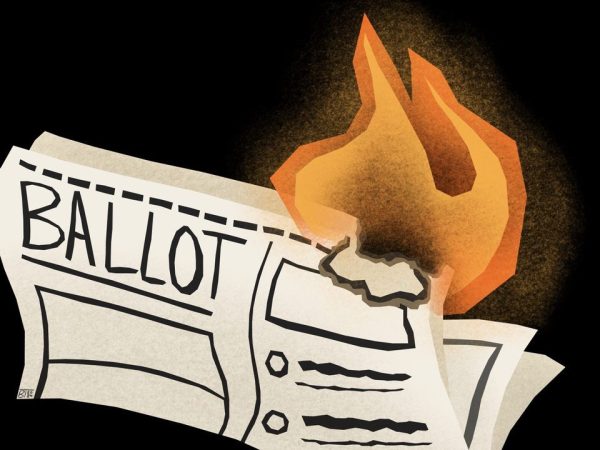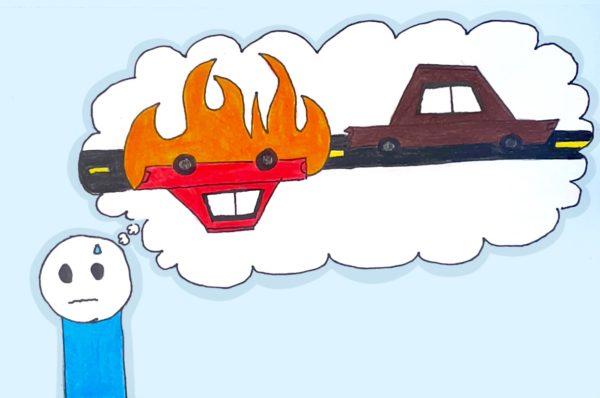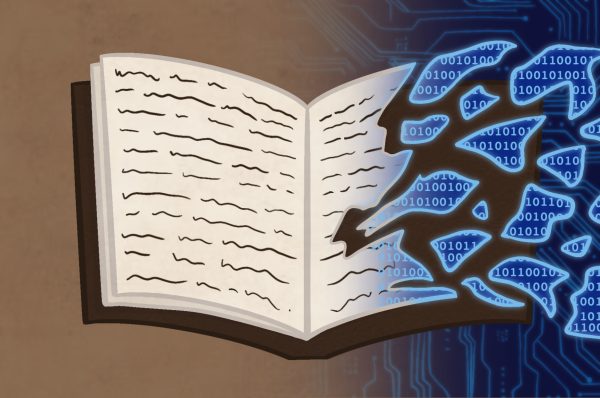Unveiling history
Of all the classes taught in American schools, history surely wins for the worst taught subject.
We all have stories about the evil English teacher or the malicious math teacher, but at least we donÕt graduate with drastically misinformed perceptions of the Pythagorean Theorem.
History, on the other hand, is a slippery, subjective beast that most students fall prey to through no fault of their own.
From the time we are in elementary school, we learn about the glorious deeds of our ancestors, from sharing a meal with the Indians to defeating the British with patriotic zest.
It isnÕt until late middle school or early high school that critical analysis of history comes into discussion.
Until then, most students learn U.S. and European history in an overwhelmingly positive light, which is both wrong and dangerous.
It astounds me that until middle school, I was under the impression that the point of the Civil War was to free the slaves.
It was not until high school that the economic, political and social differences between the North and South were discussed as factors contributing to the Civil War.
The problem is that history is taught to children in the U.S. in a clear-cut, basic approach. There were the good guys (the U.S.) and the bad guys. Wars especially are portrayed as grand and necessary, with a clear winner and a clear loser.
Presenting young students with this false narrative of history is an injustice, as well as an insult to the level of understanding they possess.
When you are in fifth grade, you are old enough to comprehend that there are multiple perspectives and narratives to history.
A fifth grader might not understand all of the nuances of a historic event or person, but that does not mean that a falsified version should be taught instead.
Until students are older, they never learn that Martin Luther King had issues with alcoholism, abuse and plagiarism, or that George Washington owned slaves.
Ask a classmate about Woodrow Wilson, and theyÕll probably tell you about his lauded efforts to establish the League of Nations and womenÕs suffrage.
We forget or are not taught about President WilsonÕs military interference in Latin America, his racial segregation of federal employees, and the fact that he was personally opposed to womenÕs suffrage and supported it solely for political reasons.
Teachers and students alike are capable of higher standards.
There is no excuse for the blatant lies that we are taught, and the great quantities of information that are ignored.
The scary part is that many of these lies we hold as truths long after we stop being students.
Many of us walk around with false perceptions of our nationÕs history, including historically incorrect information about other countries, too.
Recently I learned that the German concentration camps attributed to World War II were a continuation of identical German concentration camps in Namibia, Africa during the late 1800s.
Clearly our history teachers have failed us, and it is our responsibility to educate and seek out the historical facts from various perspectives, not just from the victors.






